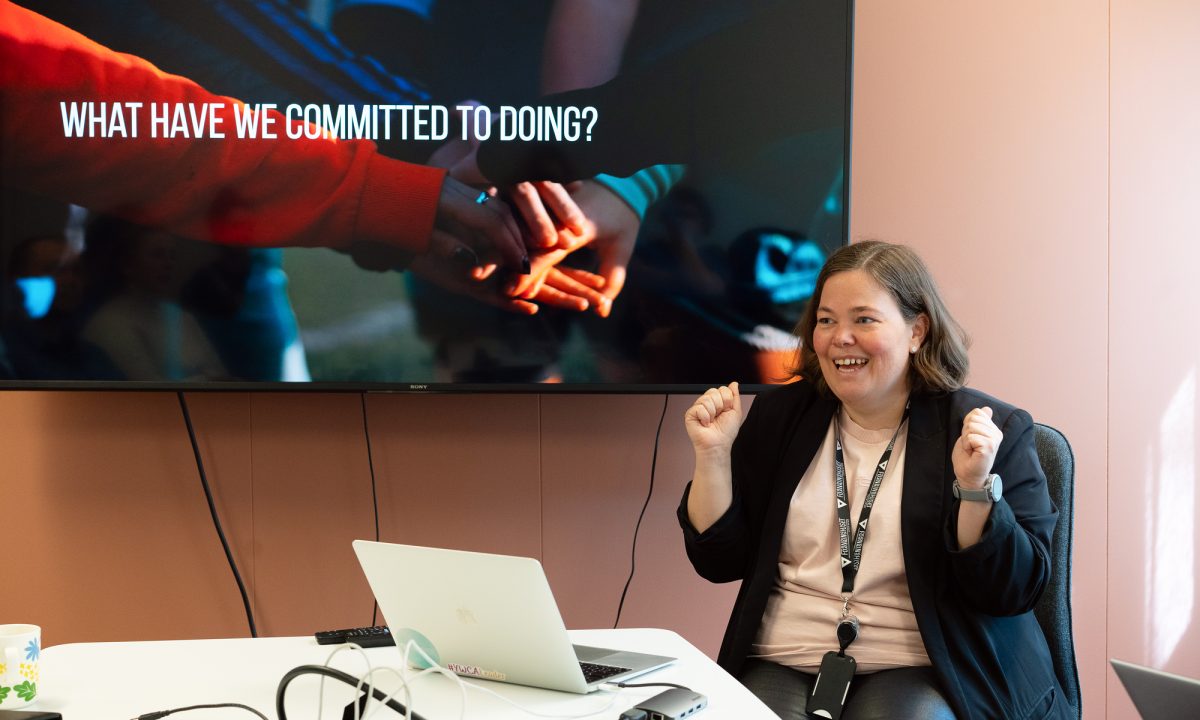
It all starts with social inclusion – YMCA Norway impresses visitors with its Forandringshuset youth work model
24.9.2025
Martiina Woodson, Siiri Uino
The guiding principle of the youth centres run by YMCA Norway is that young people should be closely involved in the planning and implementation of the work. Youth participation builds young people’s identity and social agency and supports civil society.
Forandringshuset – the changing house
At the Forandringshuset youth centres run by YMCA Norway, activities are planned with a strong focus on the perspective of young people. The aim is to provide safe spaces and activities that genuinely interest young people. Adult employees work in the background as facilitators while young people carry out the activities themselves. The participation of young people in the planning and development of all activities enhances their sense of involvement and supports their ability to take responsibility.
The name Forandringshuset embodies the idea of continuous change and growth. In the ”changing house,” activities are constantly being rebuilt to meet the needs and wishes of the new generation. The activities of Forandringshuset, which are located in various localities and residential areas, also differ according to local priorities. The offerings range widely from handicrafts to music production and band activities, from exploring different cultures to political discussions, and from recycling events to education on democracy and equality.
The core of the concept, a genuinely equal and open space for young people, remains unchanged, and the Forandringshuset model is easily adaptable. Since 2016, the Førandringshuset concept and youth centres have expanded across Norway. Currently, there are 12 locations and 50 staff members, reaching 20,000 young people annually.
Why youth engagement matters
Social inclusion concerns both young people as individuals and their communities. Participation involves engagement and interest in one’s environment and surrounding issues, as well as the desire and capacity to influence. Thus, the idea of participation has both social and political dimensions.
Participation and engagement significantly impact on the well-being of individuals and communities. They help prevent the segregation and marginalisation of young people and encourage interactions between different social groups. Supporting young people’s experiences of participation and their opportunities to influence also fosters positive prospects for their future.
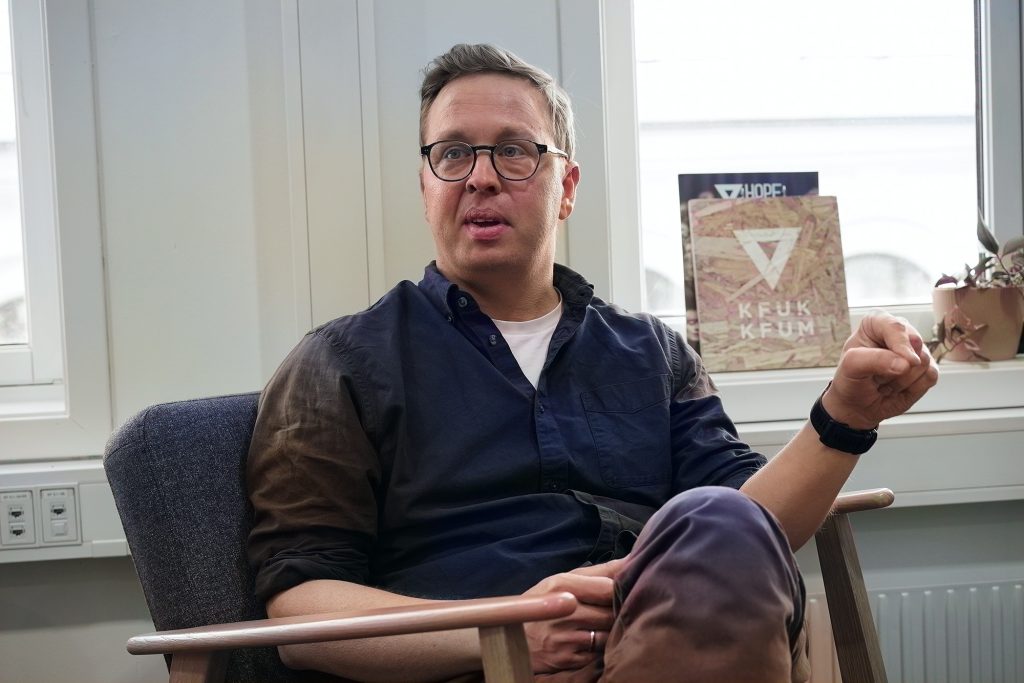
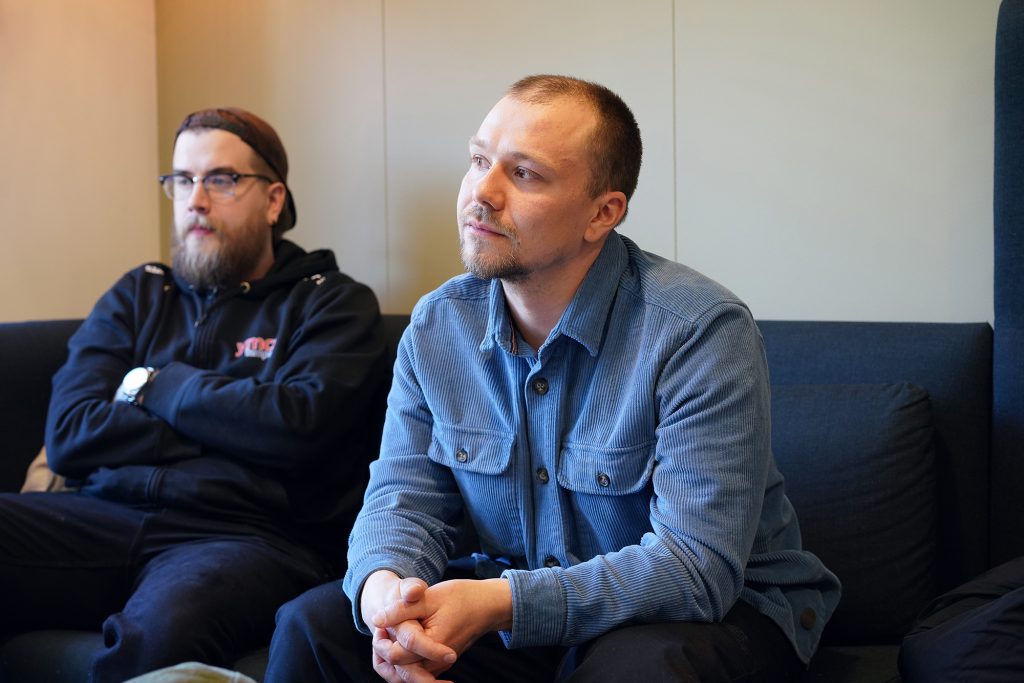
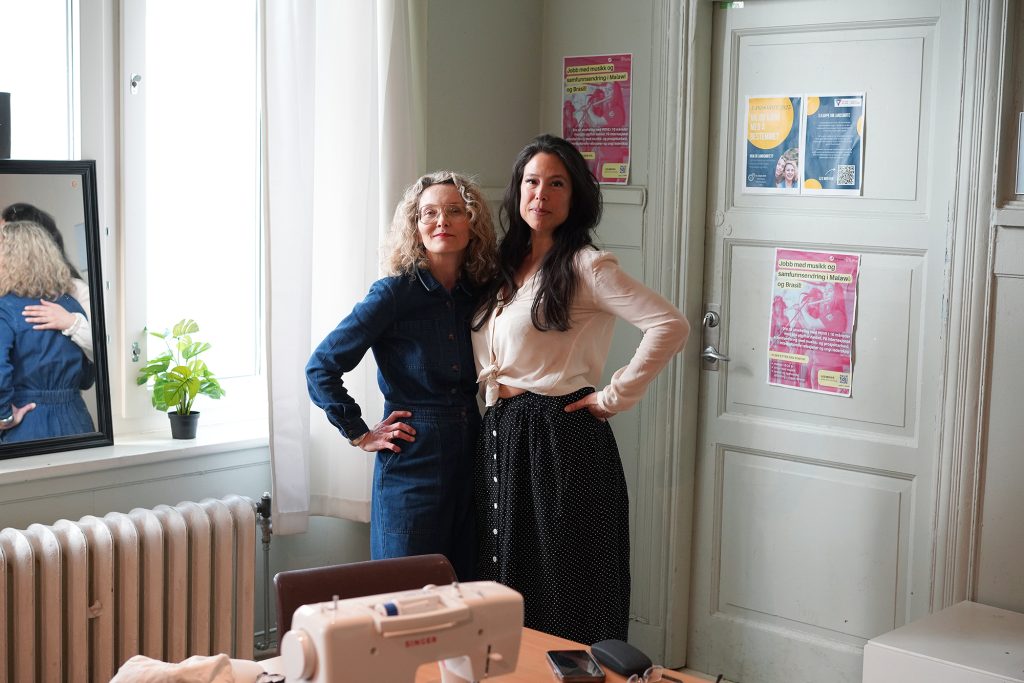
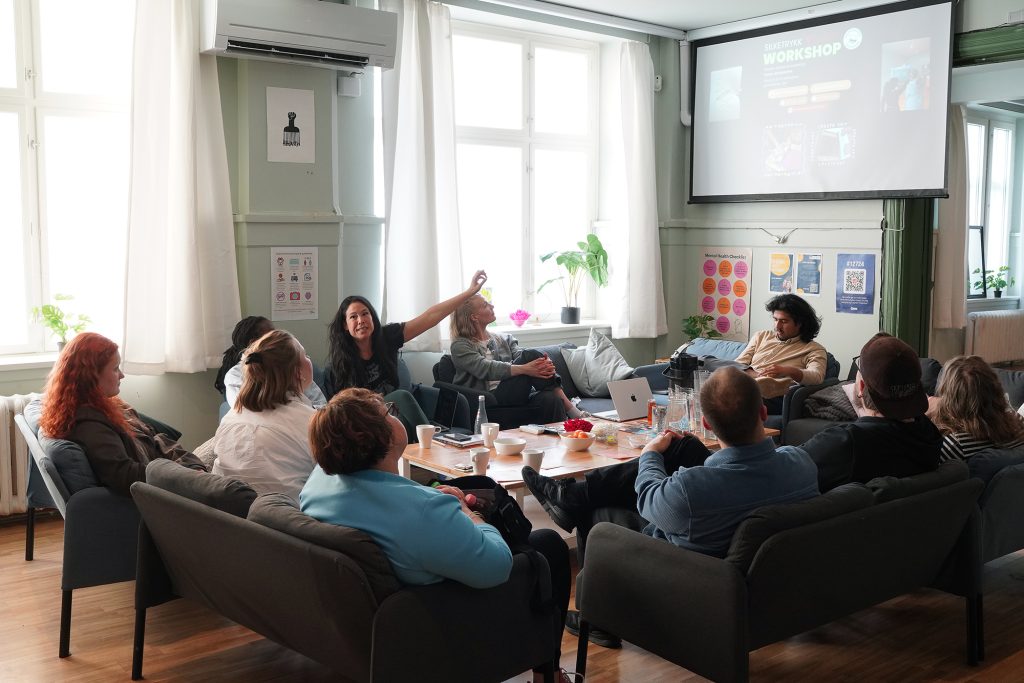
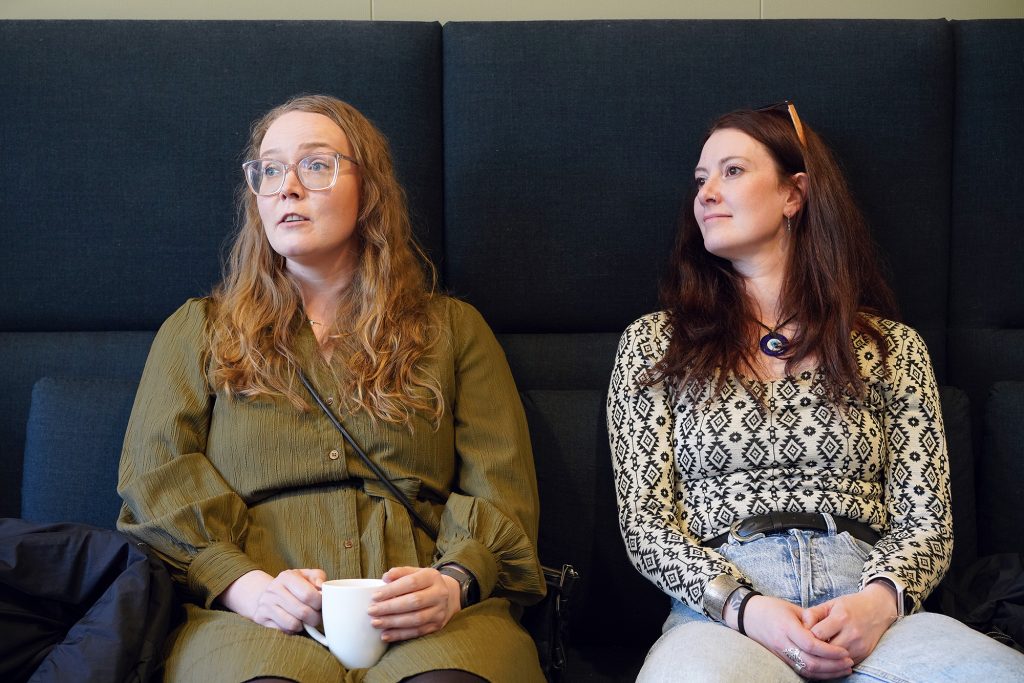
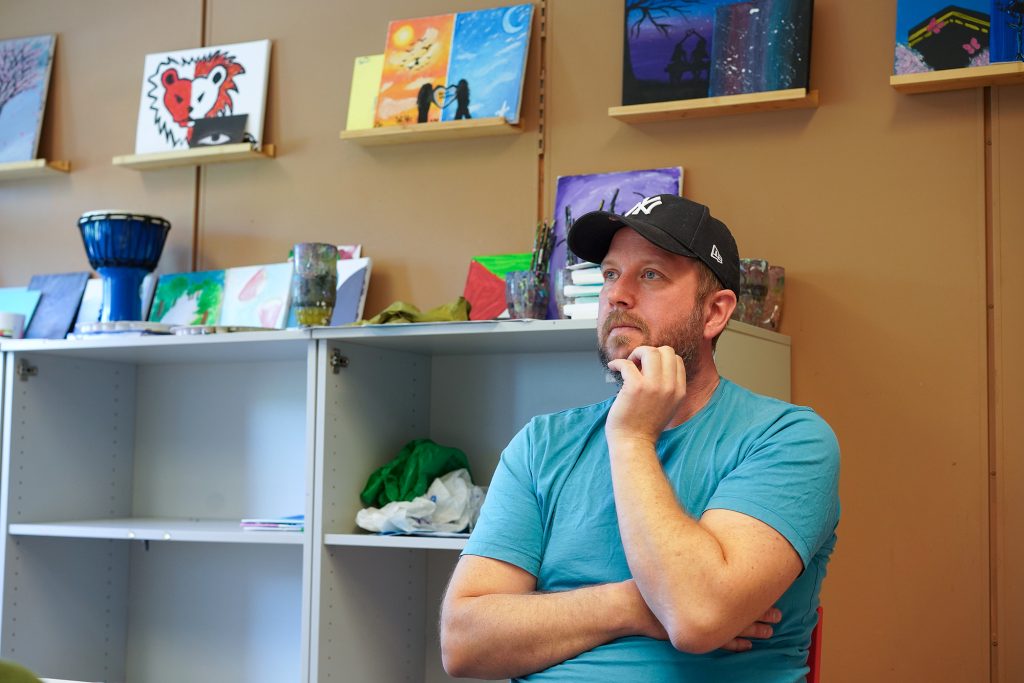
Young people’s own groups build their identity
Forandringshuset’s youth-led activities also promote dialogue between different religions and worldviews and support civil society in fighting exclusion and hate crimes. At the same time, they enhance young people’s leadership skills and showcase young role models.
The United Sisters groups, aimed at young women and non-binary young people, seek to foster a sense of belonging and support for culturally diverse identities. The groups help reduce young people’s experiences of exclusion and various barriers to participation by creating safe spaces. In addition, young people also collaborate in groups to challenge norms, which in turn enhances their opportunities to grow and develop as themselves.
Forandringshuset also provides United Brothers groups for boys. These groups focus on exploring expressions of masculinity and finding positive role models. The aim of the year-long programme is to work towards preventing crime and substance abuse, and to support boys and young men in navigating challenging and often conflicting male role models.
Playing music together supports young people’s growth
YMCA Norway has extensive expertise in various aspects of youth work and experience in, among other things, musical youth activities. Music is utilised when engaging with young people and when supporting young people with special needs.
Musical youth work and JAM! sessions focus on jamming, improvisation, and various exercises designed to develop participants’ musical and ensemble skills. Individual lessons and group jams incorporate music therapy methods to enhance young people’s self-awareness and facilitate interaction among them. Through music therapy, young people can connect with their feelings, improve social skills, and navigate age-appropriate crises by listening to and playing music.
Piotr Pluta, a psychologist and music therapist responsible for music activities at YMCA Norway, emphasises the principles and importance of creating a safe space and showing sensitivity when engaging with young people. Young individuals who often face challenging social issues require empathetic and dependable adults, not only during one-on-one interactions but also to foster a sense of security in group music-making settings. In JAM! sessions, the vulnerability of young people and the atmosphere of trust are very palpable.
“When leading such activity musically, it is important to be sincere, present, and willing to put oneself out there – show that it is OK to fail and experiment; show that it is OK to be vulnerable. The same is true when it comes to the social dimension of the activity and the relationship-building work you put out there. You need to get to know the individual participants, both their music and them as individuals; that’s your starting point from which emerges a musical-social gestalt where groove can be experienced in its most powerful form.”
Passus supports young people in leaving crime behind with a three-stage model
In addition to Forandgringshuset, YMCA Norway’s domestic initiatives include the Passus model. Passus is a method developed by Fryshuset in Sweden to help young adults break free from a life of crime. In Norway, the model has been customised to suit local needs.
The Passus model consists of three stages that support programme participants throughout their journey to leave crime behind. The first stage aims to build trust. This is followed by a period of intensive support, during which the individual receives multidisciplinary assistance while harmful and distorted norms are challenged. In the third and final stage, support continues to help ensure the participant stays committed to their new way of life.
At the core of the operating model is individual support, which is organised around a multidisciplinary team and relatable professionals. The aim is for each participant to receive personalised support that suits their particular situation.
Best practices from Forandringshuset in Oslo
In May 2025, YMCA Finland staff visited Oslo to learn about the Forandringshuset concept and its two locations in Grønland and Holmlia. During the visit, we learned about the principles and working methods of youth centre activities, where young people are involved in planning the activities.
Genuinely listening to and engaging young people is not always easy in youth work. It requires a new approach from professionals working with young people, one that rejects the often established idea of young people in a passive role. The Forandringshuset model demonstrates that by creating truly safe spaces for young people and offering youth-led activities, young people can be involved in ways that ensure each young person is recognised.
This change in approach takes courage from adults and, most importantly, faith in young people’s skills and expertise. At the same time, local and global actors such as the YMCA must understand the times and realities in which young people live. Various global threats, among other issues, are the main concerns that overshadow young people’s lives and shape their futures. Therefore, youth organisations have a duty to support young people in their social activism and their desire to influence issues like human rights and climate action.
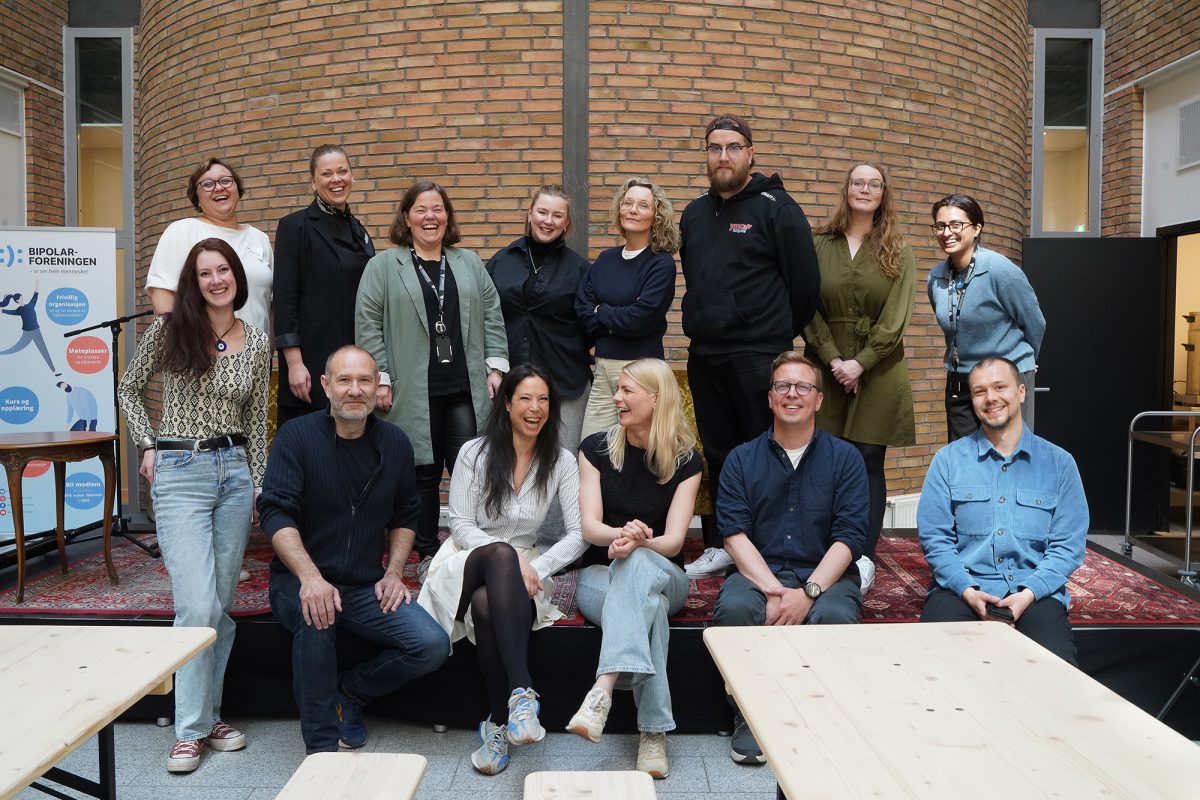
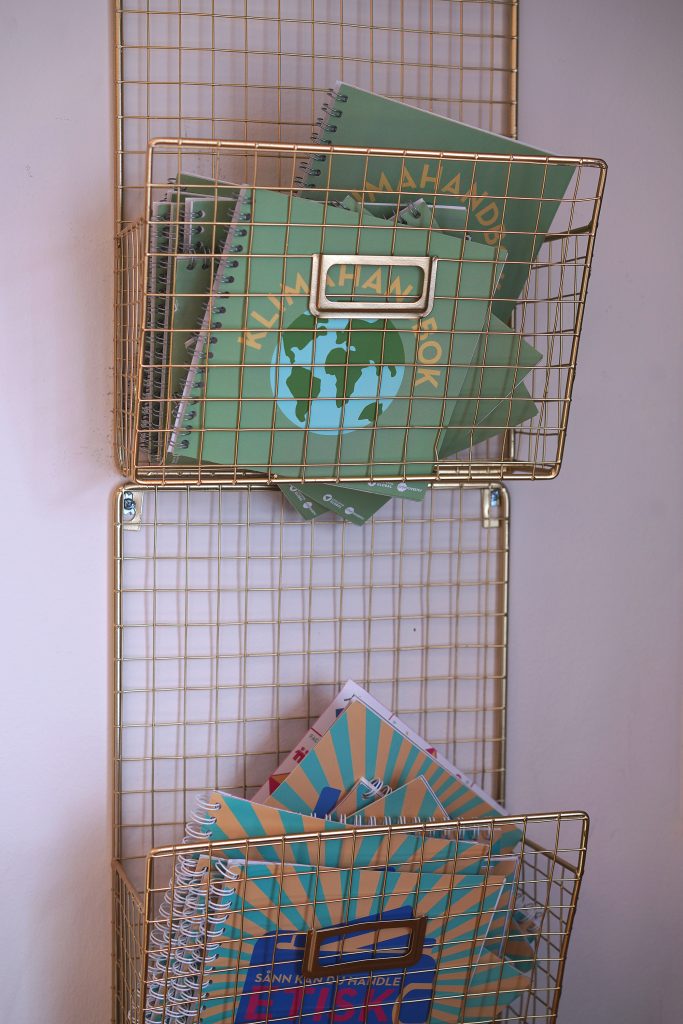
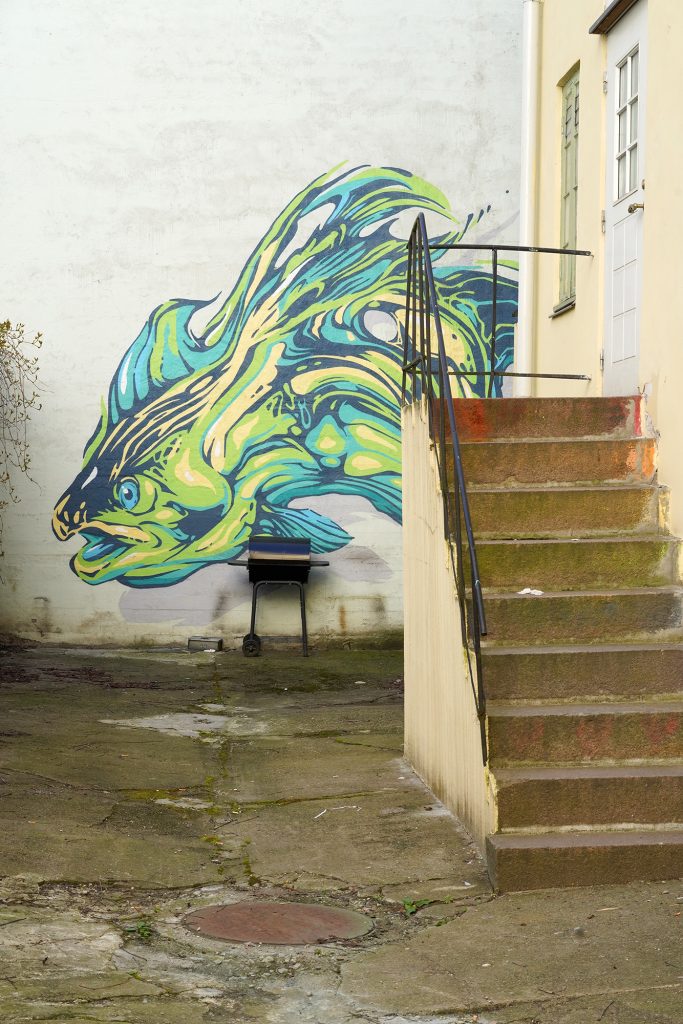
Contact is
Anita Kirvesniemi
Team leader, domestic work
YMCA Finland
+358 50 554 4258
anita.kirvesniemi@ymca.fi





